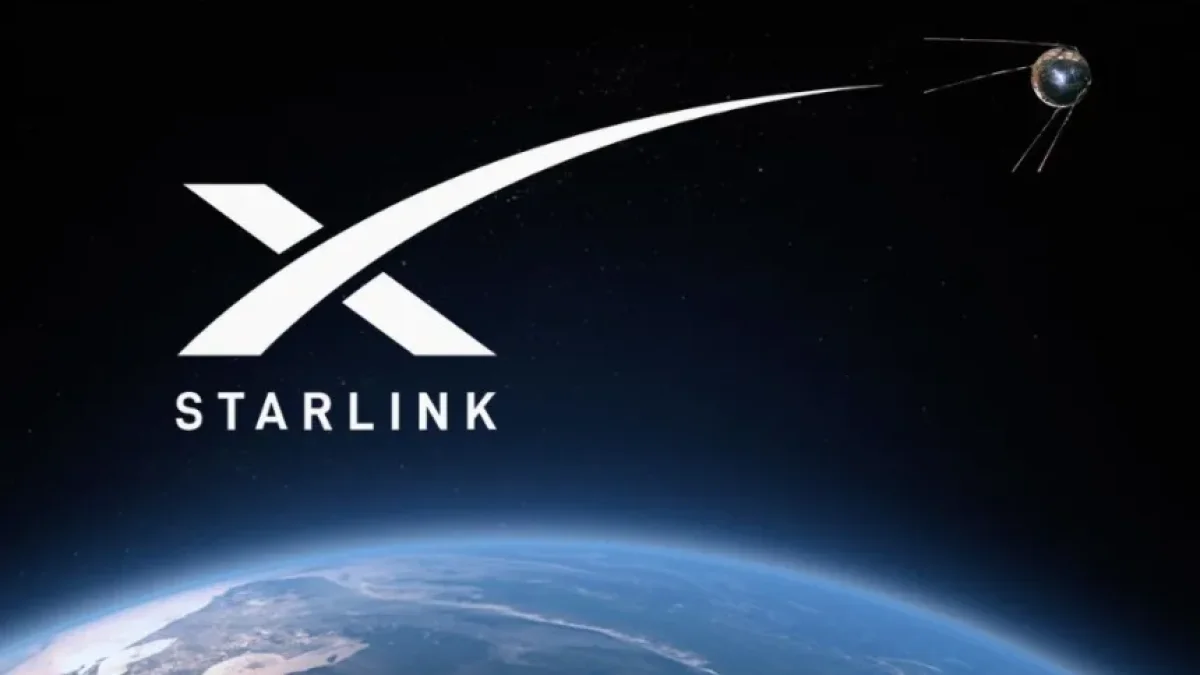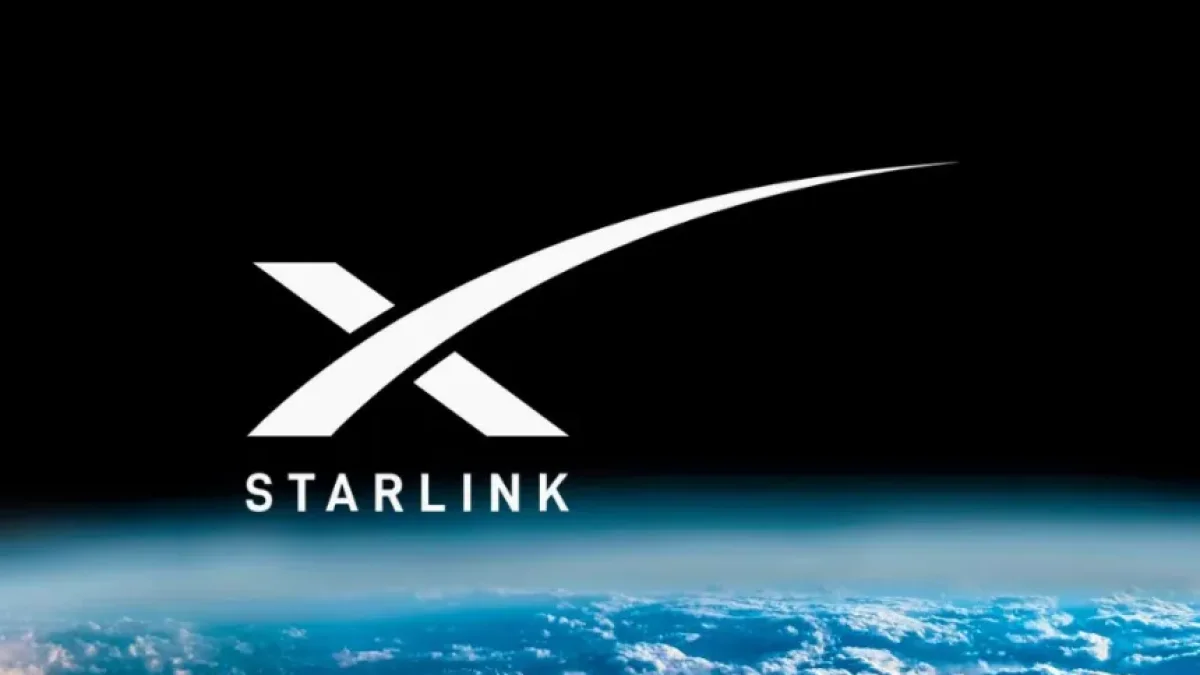Free electricity: the discovery that revolutionizes consumption.


In a world where the search for sustainable and economical energy sources is becoming urgent, a recent breakthrough has captured public attention: the possibility of obtaining electricity for free. This discovery promises to change the rules of the game in the energy sector and raises questions about the future of energy at both domestic and industrial levels.
A New Energy System
Recently, a group of researchers presented an innovative system that allows for the generation of electricity at no cost. This approach represents a radical shift in the way energy production has been conceived, especially at a time when electricity costs continue to rise in many regions of the world.
The system is based on the capture and conversion of energy from untapped sources, leading scientists to suggest that, under certain conditions, any household could potentially produce its own energy without relying on external sources. This technique could replace or complement current photovoltaic installations, which, although popular, require significant initial investments.
Implications for the Energy Market
The discovery of this system raises questions about the future of the energy market. First of all, it establishes direct competition with conventional renewable energies, such as solar and wind, which have been promoted as sustainable alternatives in recent years.
Read also
If this technology advances, electric supply companies could see their business models jeopardized, as free electricity could threaten market prices. This would bring about changes in the strategies of energy companies, which would be forced to innovate to adapt to a new landscape.
Benefits for the Consumer
The main benefit of free electricity is, of course, its direct impact on consumers' wallets. With the new system, significant savings on energy bills for households and businesses are estimated, potentially freeing up economic resources for other areas. Additionally, this innovation could contribute to greater energy independence, allowing users to produce what they consume.
Furthermore, this development could have positive repercussions for sustainability, as reducing reliance on fossil fuels would mitigate the environmental impact associated with conventional energy production.
Read also
Challenges and Limitations
Despite the promising benefits, this discovery also faces significant challenges. One of the main challenges is the scalability of the technology. Although the system has proven effective in laboratory tests, its implementation in mass scenarios still requires further research.
Another aspect to consider is how a free energy system would be regulated within an established legal and economic framework. Energy policies would need to be adjusted to incorporate this new reality, and it may take time before the necessary infrastructure is in place.
The Future of Electricity
While it is still too early to predict how this discovery will impact the long term, it is undeniable that it opens up a range of possibilities that could transform the way we consume and produce energy. Free electricity could be the path to greater energy autonomy, but the journey ahead includes both technical and regulatory challenges.
To stay informed about these and other developments that are changing our environment, I invite you to read more news of this kind on my blog. Don't miss it!



















